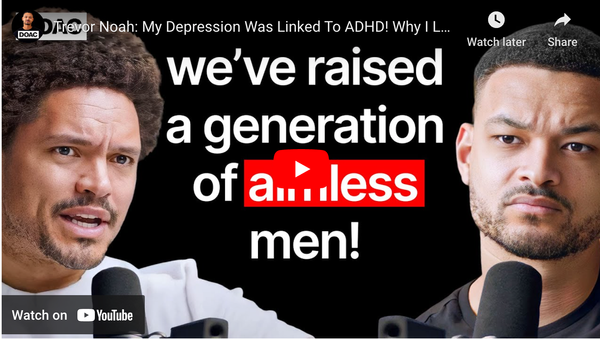SIGHTS-01: Traumatic dissociation or amnesia, Are they real?
Most of our memories from early childhood are not going to be what we call accurate. They are not going to meet the criteria of knowing ...

Yes. having a traumatic dissociation or childhood sexual amnesia is very common and real. The human mind responds in various ways to trauma . People who’ve studied trauma and traumatic events have known for a long time that there are several kinds of amnesia that affect us. When something is overwhelming emotionally, some people block it out, separating the event from the rest of their memories. For instance, it’s very common for people in car accidents to forget parts of what happened. The psychological conclusion says that the stress of the moment was so traumatic that the person cannot relive the emotional content.
Let’s apply this to a 6 year old being abused by an intimate family member, say, Uncle Joe. Uncle Joe has been very nice to the child up until then. He then steps across sexual boundaries, or even becomes physically hurtful to the child. The child may have a hard time holding onto that experience and still function as a young child; playing and enjoying life. Children often protect themselves by blocking/repressing or dissociating these kinds of memories.
Or, as a result of this experience, a child may develop depression or other kinds of symptoms like isolating themselves, or acting out with anger. These symptoms can continue into adulthood. Unless the memory is confronted, the person may continue to act out, not knowing the cause for their depression or anxiety. For some people, something eventually triggers a memory of the event. It may happen spontaneously, or may surface if they get therapy. Once a memory surfaces, it can be dealt with and processed.
Does childhood sexual abuse affect adult relationships?
Like any traumatic experience, if we don’t move through the experience or hurtfulemotions, it will affect all of our relationships. Since sexuality is a very healthy and normal part of life, someone who has been sexually abused can also have a disruption in their sexuality.
Sexual abuse can cause someone to disregard their own humanity and perform sexual acts in a much more promiscuous way than they would otherwise. Or it can cause someone to dissociate during sex, which means they really don’t have the chance to enjoy their sexual experience. And for some people, there can be flashbacks when they attempt to be sexual, and therefore cannot really have a successful sexual relationship.
Some people may have lots of flashbacks (mental visual or verbal videos that take people back to the past, bringing the hurt into the present). Flashbacks involving the abuse can disrupt all parts of adult life, including one’s work. Triggers for flashbacks could be as simple as a phrase spoken, a body movement, a smell, or a look from someone.
If I have memories of sexual abuse, how do I know if they are accurate?
Most of our memories from early childhood are not going to be what we call accurate. They are not going to meet the criteria of knowing exact times, places, words, etc. Most memories from early childhood, especially before ages 5 and 6, will usually be just a "snapshot" process. We must always keep in mind that sexual abuse can cause human traumatization, and it can be one of the hardest things to allow ourselves to accept. Sexual abuse isn’t something we want to have; very few of us are going to think up sexual abuse stories that didn’t really happen.
But will early sexual abuse survivors be able to accurately identify who the perpetrator was? That’s an individual thing, and not easy to prove in a court of law. The main issue is one’s personal healing (moving through whatever your hurtful emotions may be: shame, embarrassment, guilt, rage, betrayal...) and not whether someone is in a position to hold a perpetrator accountable. If you think you remember being abused, then chances are you were.
What is it like to tell someone you’ve been abused and not be believed?
It’s dis-empowering and is likely to be emotionally damaging to the abused person. It is enraging and emotionally overwhelming if someone you love and trust doesn’t believe or doesn’t care (brushing it under the rug so to speak).
Often times children get this reaction when they tell their mother about her husband or boyfriend abusing them. This can happen because mothers have conflicting allegiances; they love their children and their mate. It’s hard to believe someone they love could commit such a monstrous act, particularly on their own child. It can become very traumatic and chaotic to families dealing with this issue.
Generally, it’s advisable to measure what your relationship is like with someone before you tell them; you can get hurt if they don’t believe you, or don’t take the time to give necessary support (brushing it under the rug). Often times, long term trauma results not from the abuse itself, but from lack of support, belief, or attention to the pain. This can intensify or prolong trauma from abuse.
The contents of the website, newsletters, emails, courses, or posts are for educational informational purposes only. The content is not intended to be a substitute for professional mental health advice, diagnosis, or treatment. Always seek the advice of your mental health professional or other qualified health provider with any questions you may have regarding your condition. © 2001 - 2030 The Male Survivor's Journey.com is produced by Gray Matter Coaching Service LLC. Sacramento, CA



